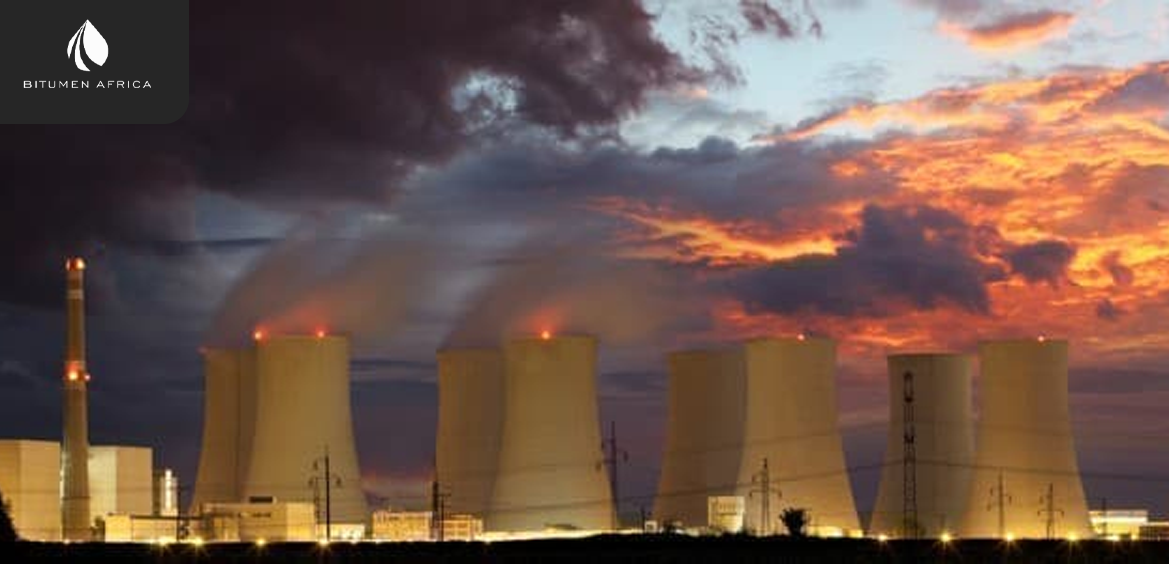The U.K. government is renewing its commitment to nuclear power as part of a broader strategy to accelerate the country’s green transition. Plans include developing new large-scale nuclear plants and pioneering small modular reactors (SMRs) over the coming decades. This shift aims to expand clean energy capacity and reduce reliance on fossil fuels, aligning with the government’s net-zero emissions goals by 2050.
Historically, the U.K. had deprioritized nuclear energy due to public skepticism, high costs, and a focus on fossil fuels. Existing nuclear reactors contributed 14% of the country’s electricity in 2024, down from a peak in the 1990s. With several plants nearing closure, recent policy shifts signal a nuclear revival, with the government pledging \$19 billion to build new plants and support SMR development, alongside continued backing for renewable energy sources.
Significant investment will go to the Sizewell C nuclear plant, which is expected to create 10,000 jobs and supply power to 6 million homes once operational. Additionally, \$3.4 billion is allocated to develop the U.K.’s first SMRs, with Rolls-Royce selected as the lead developer. The government also plans to invest another \$3.4 billion over five years into nuclear fusion research, aiming to create jobs and support energy transition in traditional industrial regions.
While critics argue funds could be better spent on faster-deploying renewables, proponents highlight nuclear power’s ability to provide stable, low-carbon electricity around the clock. The government views nuclear energy as essential to meeting rising electricity demand and achieving clean energy targets, complementing renewable sources with reliable, long-term power generation.

